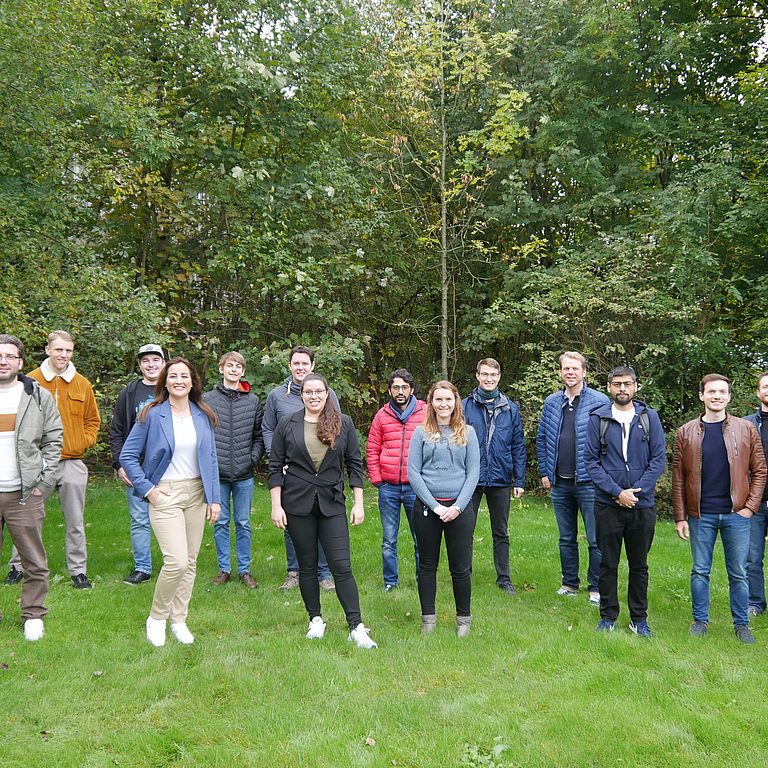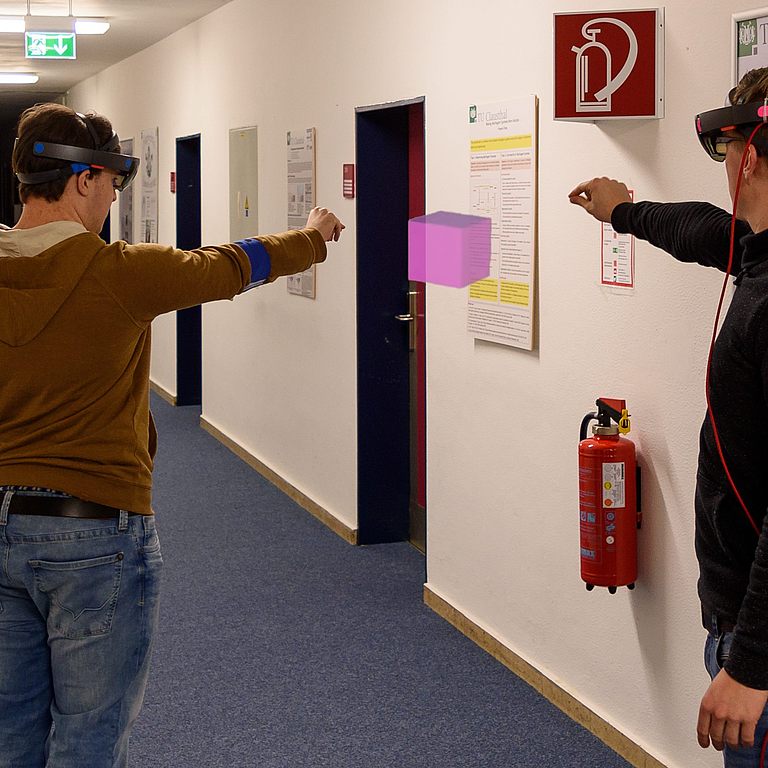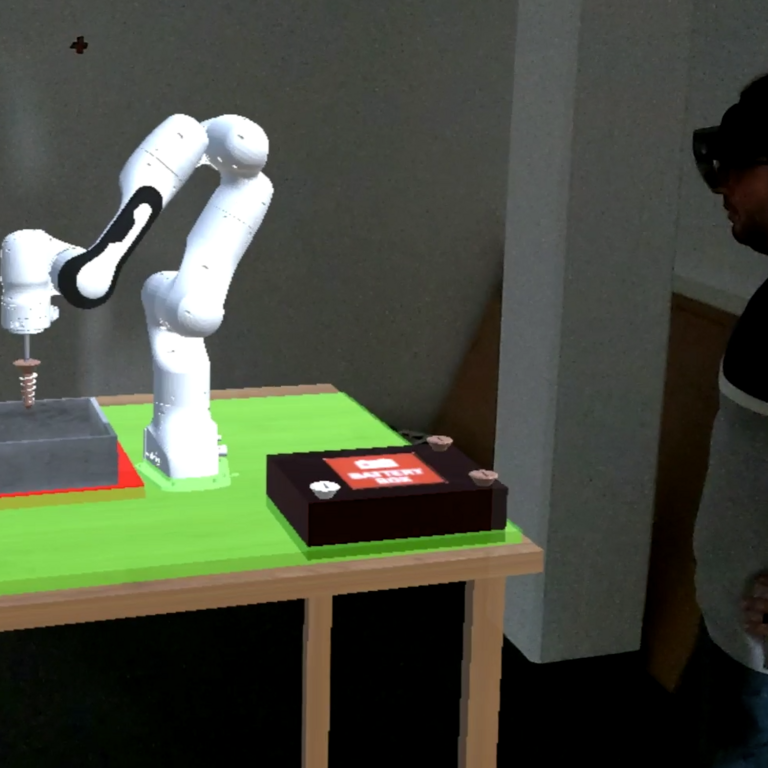Serious Games
Goal
Serious Games support the activity of learning by playing. They can be defined as "games that have a primary purpose other than pure entertainment". In this lecture students will learn the theoretical backgrounds how humans learn and why playing games can help in learning activities.
A definition of Serious Games will be discussed and it will be shown what the limitations of Serious Games are.
Content
The content of the lecture contains aspects of game theory and game design in general. We will define what a game is and draw a distinction between a game, a serious game, simulations and gamified systems. To give ideas what purpose a serious game can have, we will discuss different learning theories, learning domains and motivational theories to give an understanding why humans persist certain activities and talk about different learning theories.
During the semester, students will develop a game idea that serves a serious purpose to design their own game prototype in the end.
Topics of the lecture include:
- An introduction into Serious Games
- Game Elements
- Game Design
- Motivation Theories
- Learning Theories
- Learning Domains
- Gamification
Dates
This lecture usually takes place in the summer semester. For further information please refer to Stud.IP.
Exam
Credit Points: 6
At the end of the lecture, students have to take an oral exam. It will be based on the student’s project work and the theoretical backgrounds which will be discussed in the lecture.
Prerequisites
/
Recommended previous knowledge
As the project work will include the design and development of a game prototype, students should have some minor knowledge in prototyping in Human-Computer Interaction.
Contact info
Michael Prilla, Shirin Shams, Kathrin Wolter
Lecture material
Lecture slides are available in Stud.IP. A video recording of the lecture from the summer term 2018 is available here.



